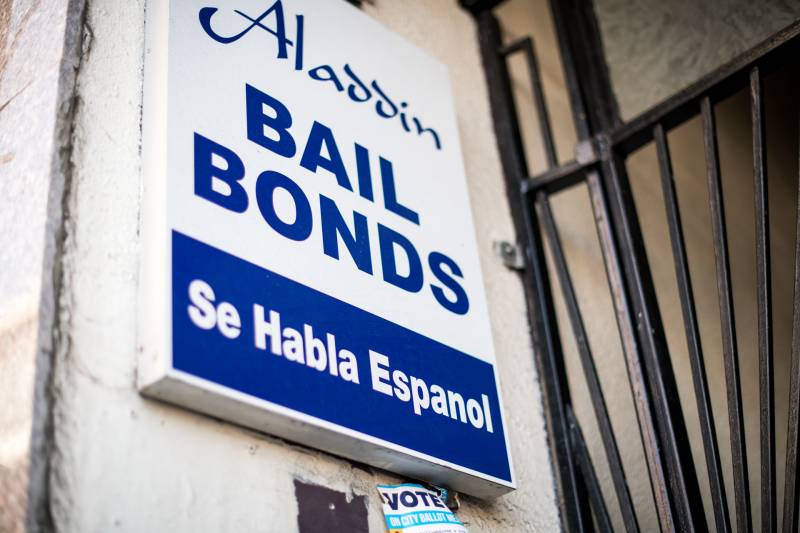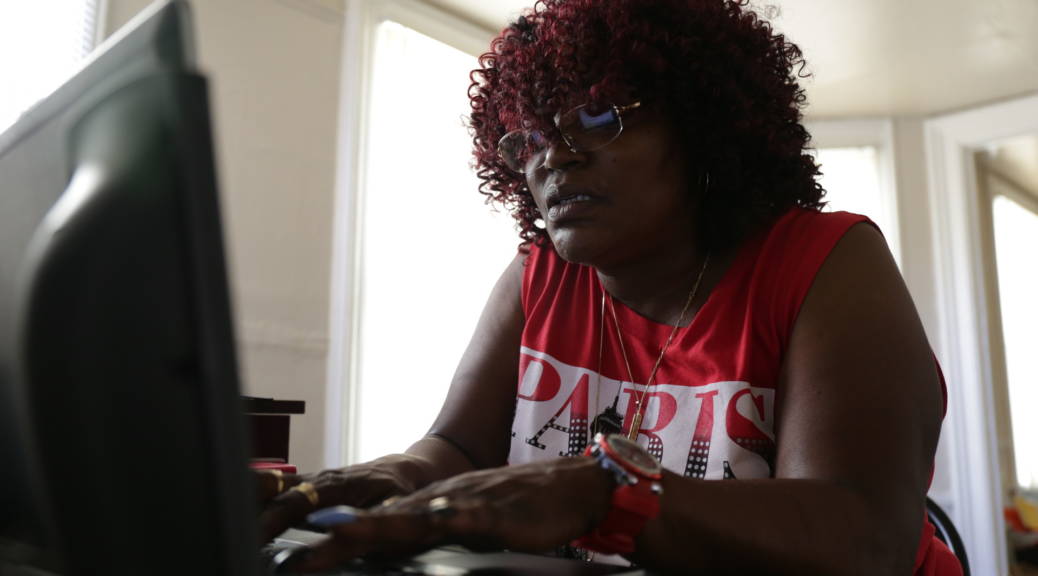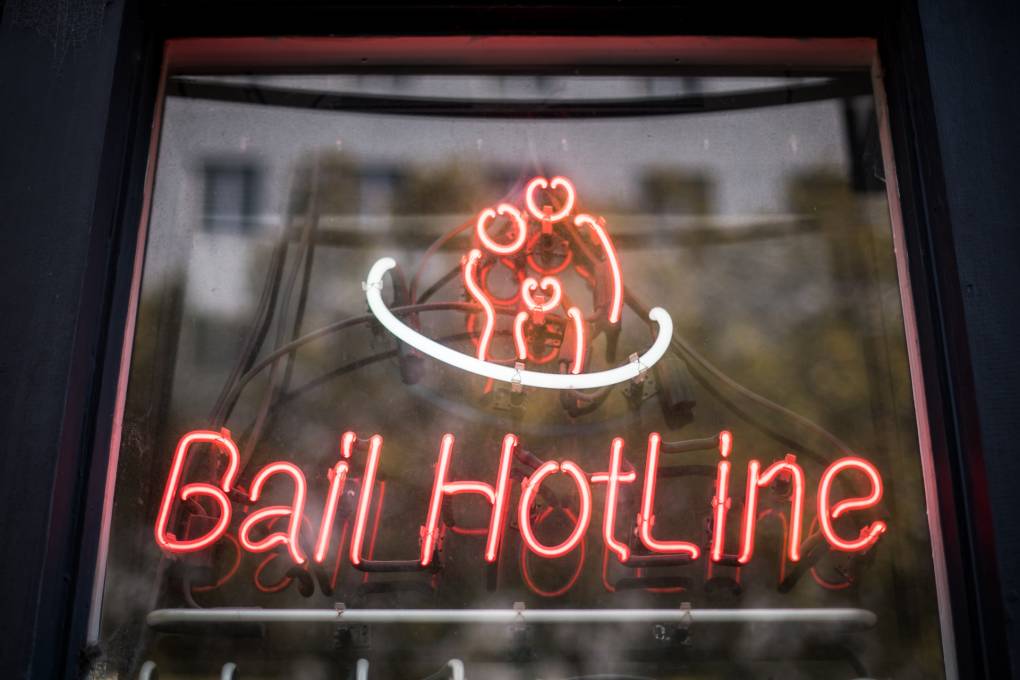Building on a court victory from late last year, the law firm Edelson PC has filed suits against two of the largest bail bonds companies in California, Aladdin Bail Bonds and All-Pro Bail Bonds. Edelson has proposed that both be expanded into class actions.
The filings seek to void existing contracts and seek restitution in the form of refunds for people who’ve co-signed bail bond contracts without getting state-mandated notices that make clear what that obligation entails.
Yaman Salahi, a partner at Edelson’s San Francisco office, told KQED that the contracts could affect a co-signer’s credit, while also exposing them to lawsuits and wage garnishment.
“Those notices would have explained to people the consequences of co-signing, including that the bail bond companies could come after them for the balance of those loans, even without going to the person who had been arrested first,” Salahi added.
According to a 2021 California appellate court decision, people who co-sign bail bonds are entering into a consumer credit loan contract and are protected by a part of California consumer protection law that mandates creditors provide notices that make clear to people what they are liable for when they co-sign on a debt.
This week's filings ask that bail contracts where the co-signer wasn’t provided this documentation be declared invalid and unenforceable. The filings also seek restitution in the form of refunds for people who were affected by this practice.



